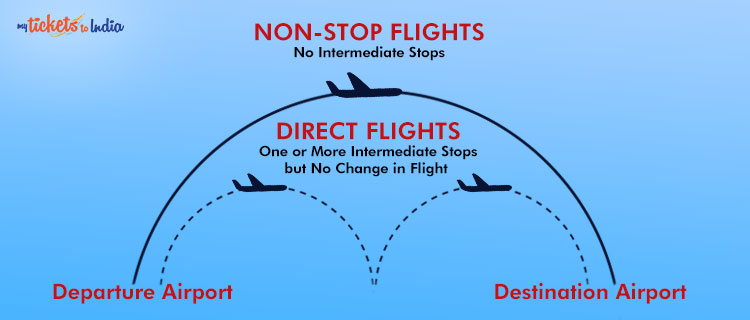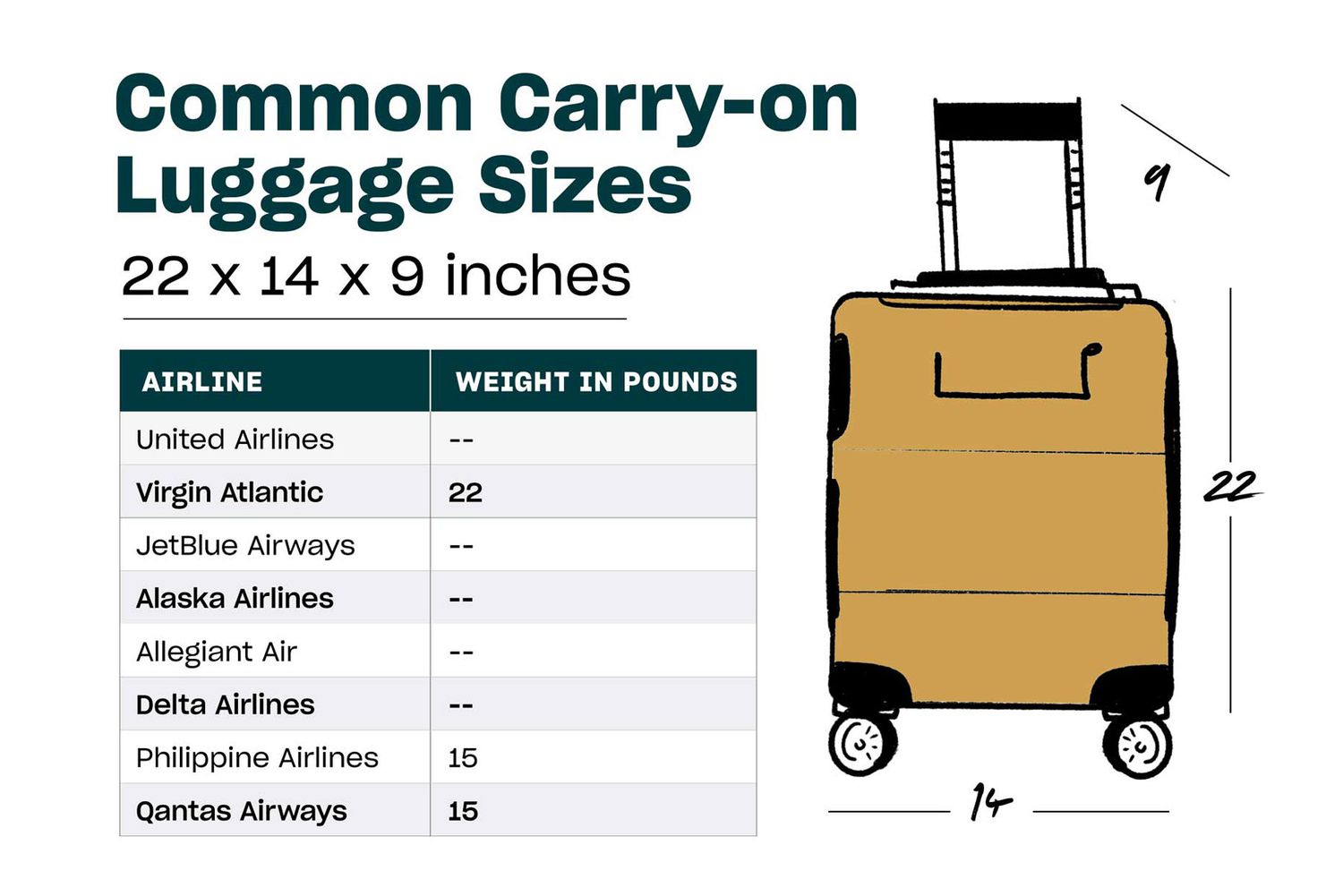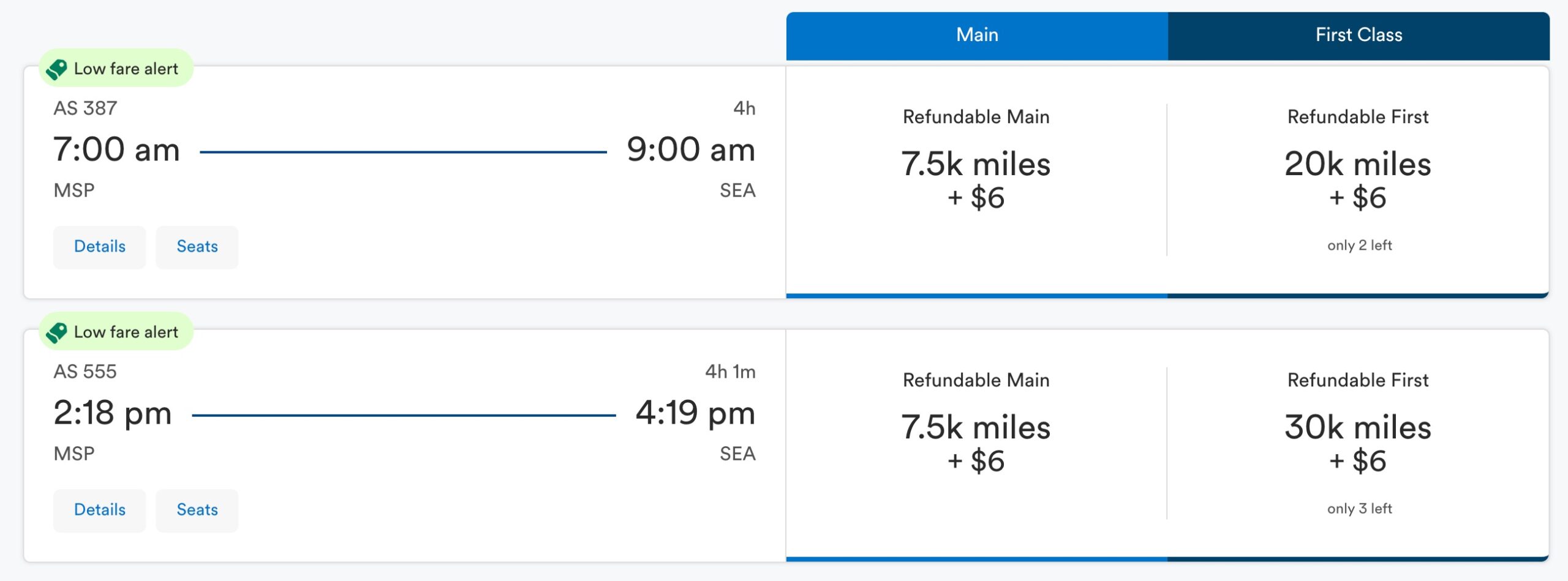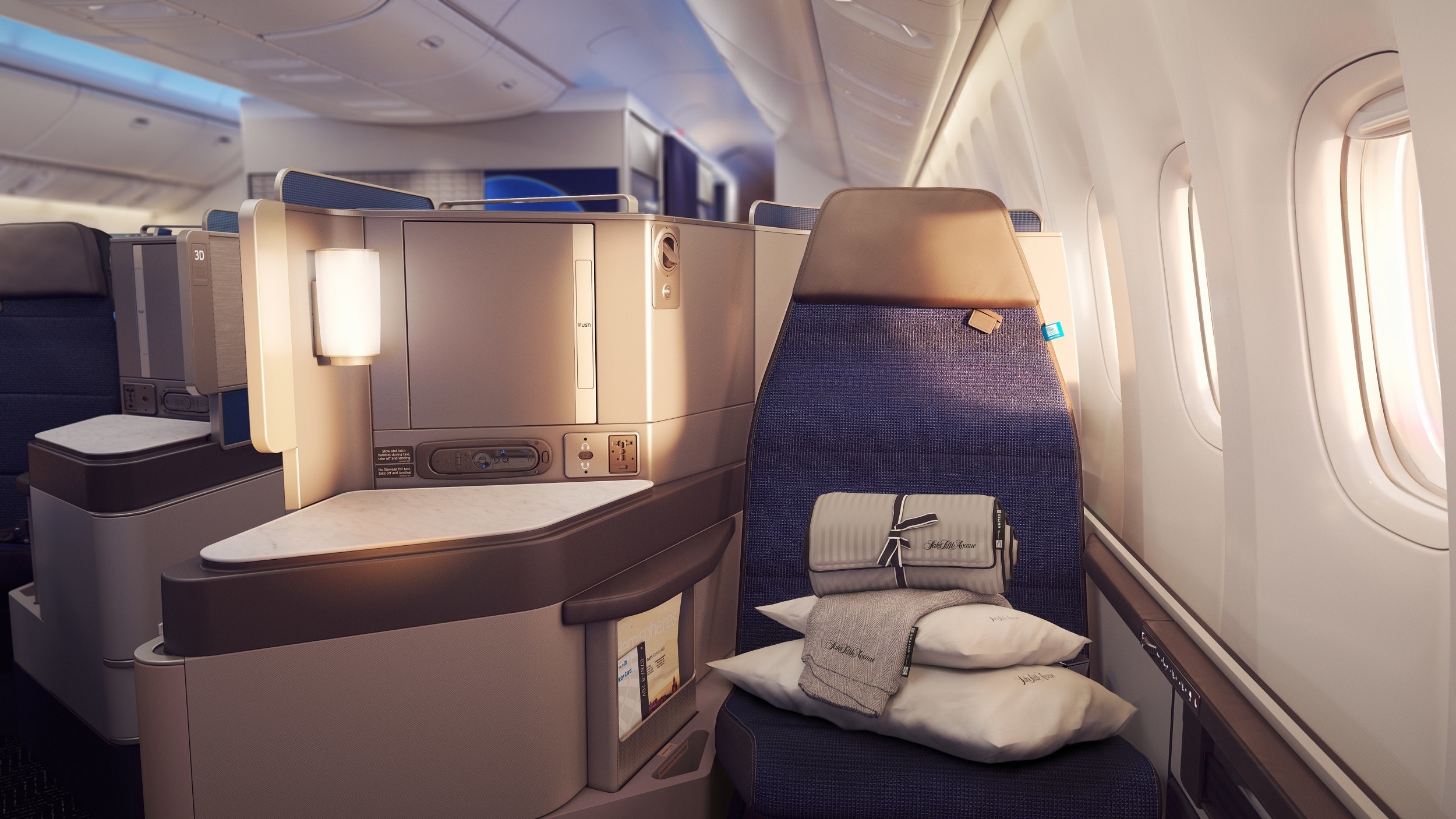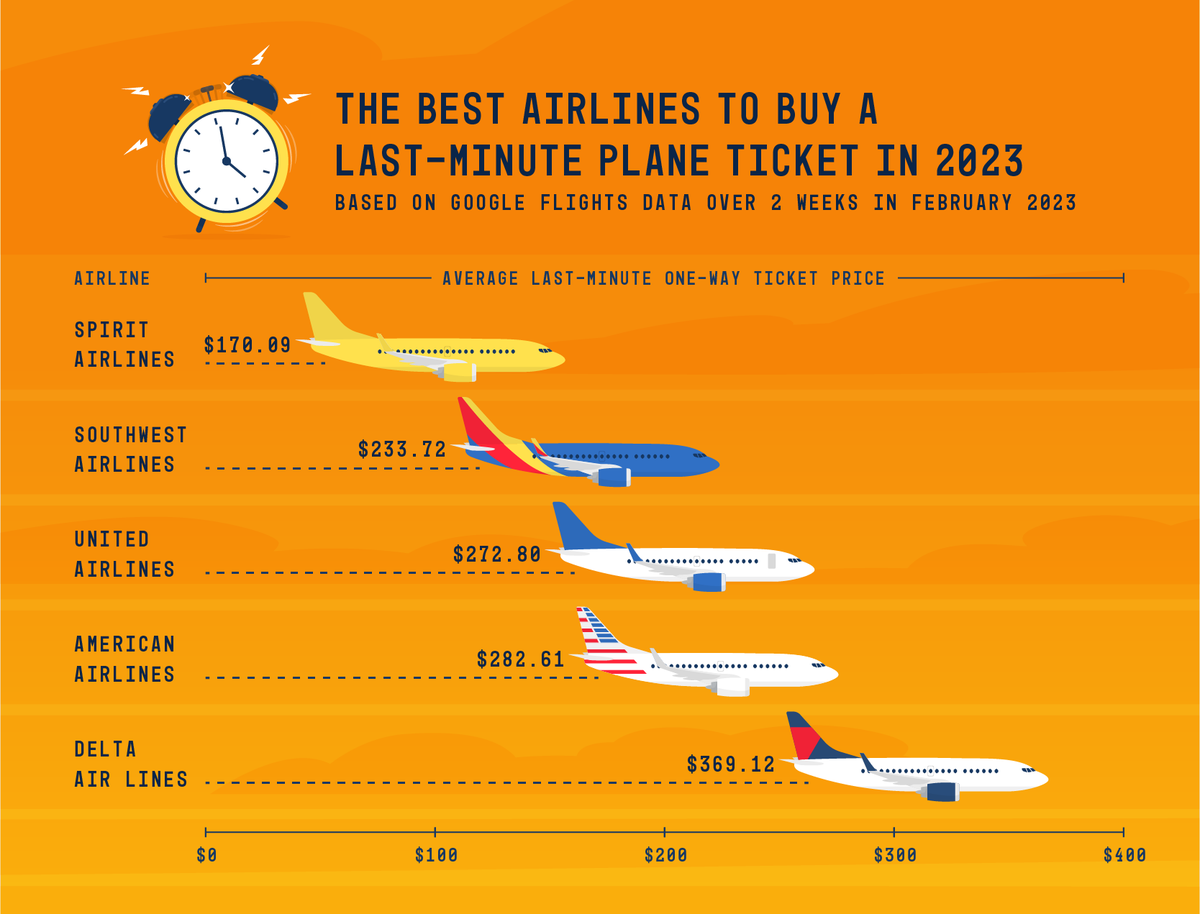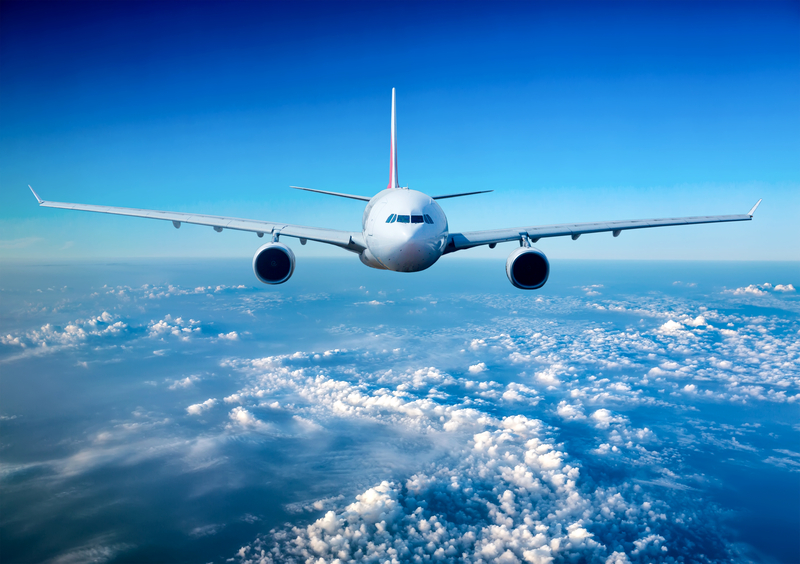
With ever-evolving airline policies, savvy travelers are increasingly intrigued by the possibility of altering domestic flights without incurring hefty fees. Traditionally, airlines imposed steep charges for any changes to booked itineraries. However, recent trends indicate a shift, sparked largely by competitive market demands and changing consumer expectations.
In the wake of the pandemic, several major airlines began waiving change fees for domestic flights, a policy that now seems to be a competitive standard rather than a temporary relief measure. According to recent industry reports, airlines like Delta and American have eliminated these fees for most classes, barring basic economy, thus presenting a more flexible travel landscape. Such adjustments reflect a broader trend towards customer-centric policies, offering more adaptable travel opportunities.

Can I Change My Domestic Flight Without Fees?
Changing a domestic flight without fees was once a costly endeavor, but now the tides are turning. Airlines have started adjusting their policies due to market competition and passenger demand. Many travelers are curious about which airlines offer these benefits. Traditionally, flight change penalties were a significant revenue stream for airlines. However, the landscape has been shifting to accommodate more traveler-friendly policies.
With the onset of the COVID-19 pandemic, numerous airlines began waiving change fees to make traveling easier. This shift came from a need to retain and attract customers during challenging times. Key airlines like United and Southwest are leading the way. They allow passengers to change flights without the usual fees. These changes offer passengers more flexibility and peace of mind.
Not all ticket types have this flexibility, though. Basic economy tickets often remain non-refundable and non-changeable. Therefore, it’s crucial to know your ticket type when booking. Reviewing the specific airline’s policies can help you plan better. Sometimes, paying a bit more upfront for a flexible ticket might save hassles later.
To avoid these fees, some passengers opt for certain strategies. Booking direct with the airline and being part of a loyalty program often gives added benefits. Watching for alerts on airline promotions can also be helpful. Staying informed on travel advisories is crucial too. These steps can significantly increase your chances of changing flights without fees.
The Shift in Airline Policies in Recent Years
Airline policies have seen significant changes in recent years, largely in response to consumer demands and market competition. Once rigid and costly, policies have gradually become more flexible. Many airlines now allow changes without extra fees. This trend represents a dramatic shift from past practices. It is clear that passenger comfort and loyalty are becoming a priority.
Several factors prompted these shifts. The global pandemic, for instance, forced airlines to rethink their fee structures. Travelers are now more cautious and demand more freedom with their itineraries. Airlines like Delta and American responded by eliminating many fees for domestic changes. These changes have been well-received, enhancing customer satisfaction.
While most major airlines have adjusted their policies, it is important to understand the variations. Not all policies are equal across different carriers.
- Delta
- American Airlines
- Southwest
have led the way, but others still maintain stricter rules, particularly for cheaper fare classes. Evaluating each airline’s specific conditions remains crucial when booking.
The overall impact of these policy shifts is largely positive. Customers now enjoy greater flexibility and peace of mind when traveling. This change has also influenced booking behaviors, with many passengers opting for airlines offering better terms. Ultimately, this shift indicates a potential trend toward even more passenger-friendly practices in the future.
Influence of COVID-19 on Flight Change Policies
The COVID-19 pandemic brought many challenges to the travel industry, leading to significant shifts in flight change policies. Airlines faced a dramatic decrease in passengers, prompting them to reevaluate their fee structures. Many airlines started offering more flexibility with flight changes to encourage bookings. These adjustments were intended to build traveler confidence. Waiving fees became a common strategy to attract cautious travelers.
One notable change was the removal of change fees for most ticket types. Airlines like United and Southwest moved swiftly to adapt to this new norm. This shift aimed to make air travel more accessible during uncertain times. Travelers welcomed these changes, appreciating the ability to alter plans without facing financial penalties. It marked a departure from the previous, more rigid policies.
The alterations in flight change policies were not uniform, however. Different airlines had different policies, and passengers needed to stay informed.
- American Airlines
- Delta
- JetBlue
were among those embracing more lenient rules. However, certain restrictions remained for basic economy tickets. Understanding these variations became crucial for making informed travel decisions.
The relaxed policies introduced by airlines have had a lasting impact on traveler expectations. Many passengers now expect greater flexibility as a standard offering. This influence of COVID-19 has reshaped the way airlines approach customer relations. As a result, flight policies may continue to adapt based on passenger needs. This ongoing evolution reflects the dynamic nature of the travel industry.
Airlines That Allow Free Domestic Flight Changes
In recent times, several airlines have updated their policies to allow free domestic flight changes. These flexible policies are aimed at retaining customer trust and satisfaction. Notably, Southwest Airlines has always been a leader in offering no change fees. They provide options for travelers to modify their itineraries easily and without extra costs. Many passengers prefer Southwest for their consistent customer-friendly approach.
Delta Air Lines is another major carrier that has embraced change. By removing change fees for most domestic flights, Delta aims to provide its customers with more travel flexibility. This decision has been particularly beneficial for passengers booking multiple flights. Travelers now find it easier to adjust their schedules when necessary. This policy change helps Delta stand out in the competitive airline industry.
Moreover, American Airlines also stepped up by eliminating change fees for most domestic tickets. This move has encouraged passengers to book flights without worrying about unexpected changes. Like its competitors, American Airlines recognizes the value of flexibility. These updates are a direct response to changing passenger expectations. People appreciate having choices and the ability to make adjustments.
Not all changes are applicable to every ticket type, though. Basic economy tickets tend to retain certain restrictions. For the best flexibility, travelers often opt for slightly higher-tier tickets.
- Main Cabin
- Premium Economy
- First Class
options usually have fewer limitations. This strategy ensures passengers get the best value and convenience.
Other airlines have also adopted similar policies. For instance, United Airlines lifted domestic change fees, aligning with industry trends. Such changes create a more consistent experience for passengers across different airlines. With these adjustments, the travel experience has become more adaptable overall. Even passengers on tight schedules find it easier to manage their trips.
Conditions for Fee-Free Domestic Flight Changes
To enjoy fee-free domestic flight changes, there are certain conditions you need to meet. Most airlines offer this flexibility only for certain ticket types. For example, basic economy tickets usually do not qualify for free changes. It’s important to check the specific rules related to your particular ticket. Knowing these details in advance can save you from unexpected costs.
Timing is another crucial factor in fee-free changes. Many airlines require that changes be made within a specific window before the flight’s departure. This window can vary but is often at least 24 to 48 hours before the flight. Failing to adhere to this timing could result in fees. Therefore, being aware of these timing rules can help you plan better.
Additionally, some airlines may restrict fee-free changes to one-time use only. This means after you make an initial change, further changes might incur fees. It’s wise to plan thoroughly before making adjustments. Reading the fine print can help you make informed decisions. Each airline’s policy will have its own nuances.
Frequent flyers or members of loyalty programs might enjoy greater leeway. Airlines often provide more flexible terms to their loyal customers. These memberships could include added perks or leniencies in change policies.
- Priority booking
- Exclusive deals
- Additional baggage allowance
These benefits often enhance the overall travel experience.
Finally, during special circumstances like weather disturbances or emergency situations, airlines might relax their change policies further. In such cases, they might allow passengers to reschedule flights without fees. Keeping an eye on travel advisories and alerts can help you stay updated. Understanding how and when exceptions apply is essential. Flexibility in these situations can significantly ease travel stress.
How to Avoid Fees when Changing Your Domestic Flight
When looking to avoid fees while changing your domestic flight, start by booking directly with the airline. Direct bookings often provide more flexibility and opportunities to negotiate changes. Airlines may have more accommodating policies for bookings made on their platforms. You also get immediate alerts about any policy changes. Such notifications can be vital in making timely adjustments to your travel plans.
Choosing the right ticket type can also help minimize change fees. Premium tickets typically offer more flexibility than basic economy.
- Main Cabin
- Business Class
- First Class
Avoiding basic economy can be wise if your travel plans are uncertain. Spending a little more at the outset can save headaches later.
Joining an airline’s loyalty program can offer additional perks. Members often receive fee discounts or waiver options for flight changes. These programs also offer other benefits that can enrich your travel experience. Frequent flyers typically have more negotiating power. Loyalty can indeed pay off when unexpected changes arise.
Timing your changes correctly is critical to avoiding fees. Make sure to change your flight 24 to 48 hours before departure to meet most airlines’ no-fee policies. This timing rule helps airlines manage inventory better. Knowing this can help you avoid unnecessary charges. Always double-check the airline’s specific timing requirements.
Lastly, stay informed about travel advisories that might affect your itinerary. Airlines occasionally relax their policies during events like storms or emergencies. Keeping an eye on the news and airline alerts can provide opportunities to change flights freely. Awareness in these situations can help you stay prepared. It also offers peace of mind, knowing you can adapt your travel plans as needed.
Frequently Asked Questions
Changing domestic flights can be tricky, and policies often vary across airlines. Here are some common questions and answers to help you understand flight changes better.
1. How do I check if my airline allows free domestic flight changes?
Most airlines provide detailed information about their change policies on their official websites. You can usually find this information under the “Travel Policies” or “Customer Service” sections. It’s also helpful to read any emails or notifications you receive after booking, as they may contain specific details.
For quick access, consider calling the airline’s customer service for clarification. They can provide a direct answer tailored to your situation and ticket type. Additionally, mobile apps from airlines often alert you to any policy changes. Staying informed ensures a smooth travel experience.
2. What should I do if I need to change a basic economy flight?
Basic economy tickets often have restricted change policies, making adjustments challenging. However, some airlines may allow changes for a fee or upgrade to a more flexible fare. Checking the airline’s policy in advance is key to knowing your options.
If you’re stuck, contacting customer service can provide alternatives, like same-day flight changes or discounted upgrades. Being flexible with your travel dates and times can also help find a solution. Always weigh the costs of changes against the potential losses and convenience.
3. Are there common exceptions to the no change fee policy?
While many airlines offer free changes, there are exceptions. Flights booked in the basic economy or during peak travel times might still incur fees. Additionally, specific destination-based rules might apply, depending on the airline’s regulations.
Events like weather disruptions, strikes, or emergencies can prompt airlines to waive fees temporarily. Keeping updated on travel advisories can provide insights into potential exceptions. Knowing the fine print can help you make informed decisions when booking or altering flights.
4. How does being a frequent flyer affect flight change fees?
Frequent flyers or loyalty program members often have more flexible options for flight changes. Airlines tend to offer these passengers benefits like waived fees or priority rebooking during disruptions. It pays to look into the perks offered by these programs.
Enrollments may include status upgrades, allowing for fee-free changes under broader conditions. Utilizing these benefits can ease the process of changing flights, making travel more convenient. Frequent flyers are often rewarded with peace of mind in unpredictable situations.
5. Can travel insurance help with flight change fees?
Travel insurance can sometimes cover fees associated with flight changes. Reading the policy terms carefully is essential. Some policies might include coverage for unexpected events leading to flight alterations or cancellations.
This coverage can be beneficial when airlines impose strict change fees. It’s important to compare insurance options and choose one that suits your travel needs. Peace of mind is invaluable when unexpected changes occur, ensuring a worry-free travel experience.
Concluding Insights
The landscape of domestic flight change policies has evolved significantly, offering travelers increased flexibility. This shift not only aligns with changing consumer expectations but also emphasizes passenger needs as a priority. By staying informed and proactive, travelers can take full advantage of these developments, ensuring smoother journeys.
Understanding the intricacies of airline policies and leveraging available resources allows experts to navigate the complexities of travel today. Whether it’s utilizing frequent flyer benefits or choosing the right ticket type, these strategies contribute to more efficient travel planning. As the industry continues to adapt, staying adaptable and informed will be key.


